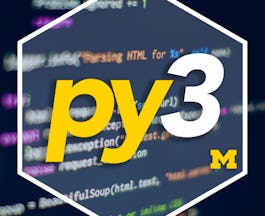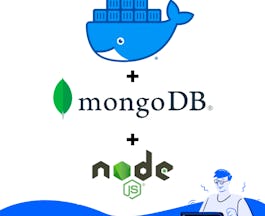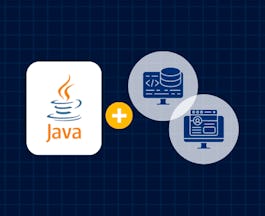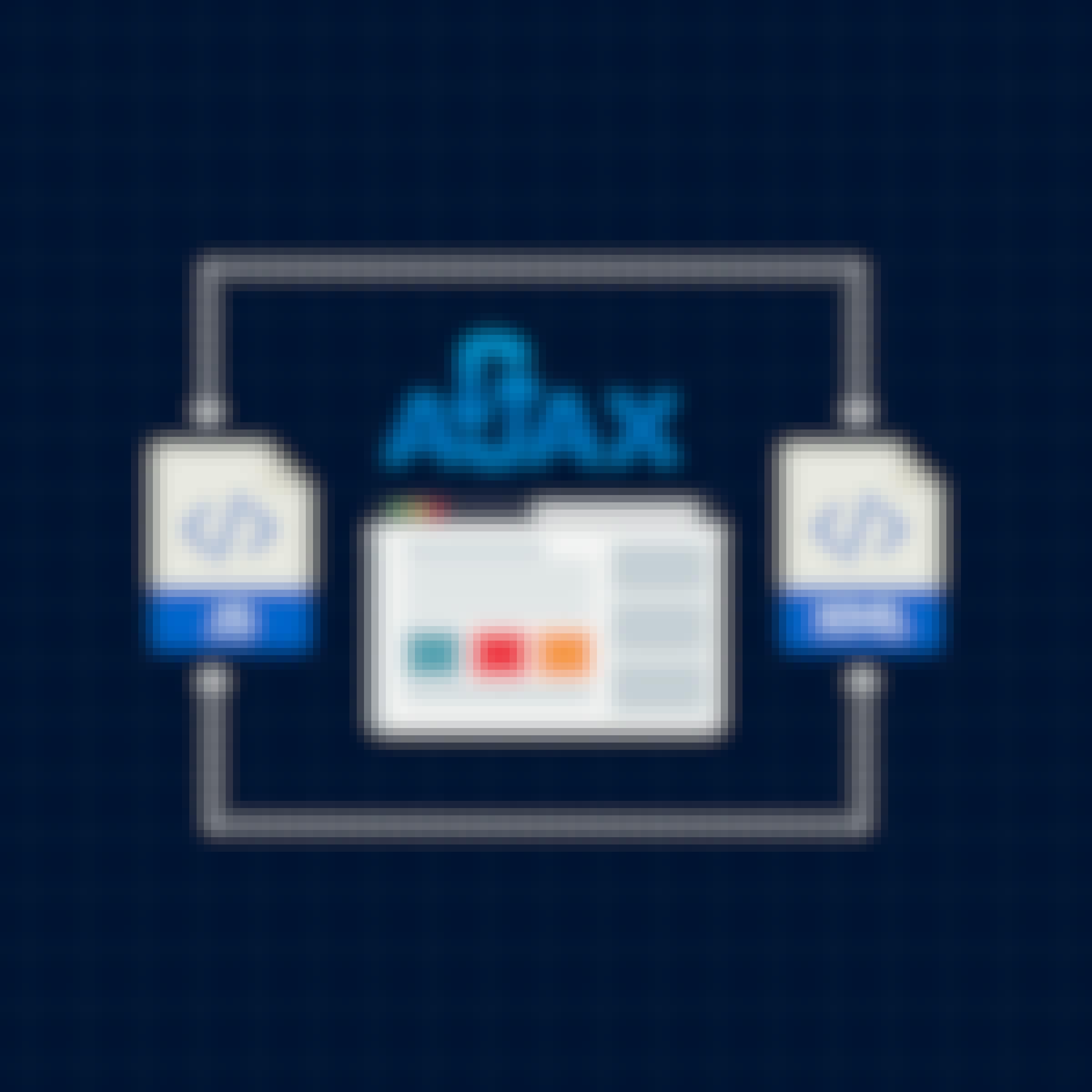Filter by
The language used throughout the course, in both instruction and assessments.
659 results for "node js"

Coursera Project Network

University of Michigan
Skills you'll gain: Python Programming, Computer Programming, Problem Solving

University of California, Irvine
Skills you'll gain: Algorithms, Computational Logic, Computational Thinking, Computer Programming, Data Structures, Problem Solving, Programming Principles, Computer Programming Tools, Critical Thinking, Theoretical Computer Science

Coursera Project Network
Skills you'll gain: Docker (Software)

Board Infinity
Skills you'll gain: Javascript, Web Development

Skills you'll gain: User Experience, User Experience Design, User Research, Product Development

Board Infinity
Skills you'll gain: Javascript

University of Michigan
Skills you'll gain: Computer Programming, Javascript, Web Development, Django (Web Framework)

Skills you'll gain: Cloud Applications, Cloud Computing, IBM Cloud, Cloud API, Cloud Infrastructure, Cloud Management, Cloud Platforms, Continuous Integration, DevOps, Cloud Foundry, Continuous Delivery, Software As A Service, NoSQL

Meta
Skills you'll gain: Back-End Web Development, Cloud API, Computer Programming, Django (Web Framework), Python Programming

University of Michigan
Skills you'll gain: Database Design, Databases, HTML and CSS, Javascript, SQL, Web Development
Searches related to node js
In summary, here are 10 of our most popular node js courses
- AWS Elastic Beanstalk: Build & Deploy a Node.js RESTful API: Coursera Project Network
- Python 3 Programming: University of Michigan
- Getting Started with Go: University of California, Irvine
- Containerize a full-stack NodeJS application in Docker: Coursera Project Network
- Frontend for Java Full Stack Development: Board Infinity
- Foundations of User Experience (UX) Design: Google
- Ajax Basics: Board Infinity
- Using JavaScript and JSON in Django: University of Michigan
- NodeJS Unleashed: Mastering Backend Development: EDUCBA
- Developing Cloud Native Applications: IBM











